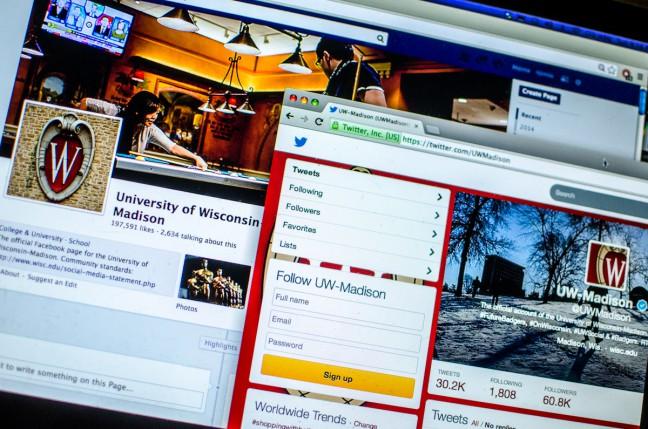It is nearly impossible to turn on a TV or scroll through a website without reading about the recent Facebook scandal.
A firm called Cambridge Analytica compromised up to 87 million users’ data. The firm used Facebook quizzes and applications to access this data and to create “psychographic profiles” of voters. It then used this understanding to send them targeted information.
Cambridge Analytica has many Republicans, including President Donald Trump’s campaign, as their clients. Special Investigator Robert Mueller is investigating the ties between the firm, Trump and Russian meddling in the election. But the political downfall that will come from this is not nearly as important as the impact on big-tech regulations.
This scandal has awoken the country to the perils of our reliance on large technology companies that collect our data. Facebook is the most obvious example, but other giants like Google rely on their collection of its users’ search data.
It is time to step back and think about the things we share on Facebook and who exactly we are sharing them with. When we post a picture or status update on Facebook, we are not just sharing it with our friends — we are giving this data to Facebook. During Facebook’s infancy in 2004, Mark Zuckerberg bragged to a friend that he had “over 4,000 emails, pictures, addresses, SNS.”
Clearly, Zuckerberg has grown up since he founded Facebook 14 years ago. But maturation and charity work aside, the underlying idea of his words — however juvenile they may have been — is still sobering. We are turning over intimate details of our lives to a site strangers run — a site that has already been hit with sanctions for failing to protect user data in 2011.
And yet, their real user count hasn’t taken a hit. Though #deletefacebook gained some movement on Twitter for a few days, most users are still logging on.
UW experts say repealing net neutrality would hurt economic growth, student entrepreneurs
This gets to the deep issue that users have with large tech companies. We are so reliant on their products that we cannot stop using them — even when they make colossal mistakes and we would like to.
Facebook and other large tech companies must be thought of and regulated as public utilities.
For instance, Facebook provides an invaluable service — the ability to connect with people across the globe. Whether it’s through viewing photos, messaging or even video chat, the platform provides a convenient one-stop service to connect with those who matter most to us.
New chat tool designed to ease privacy concerns could have far-reaching applications
This is the electricity powering our relationship. It only makes sense to regulate it like an electricity provider.
The right to privacy has been at the center of many legal battles throughout American history, but the outcome is always the same — privacy is an unalienable right for each American citizen. Now more than ever, the government needs to create and pass comprehensive policy for large tech conglomerates like Facebook and Google, to regulate their use of personal data. Such regulation would make the internet safer, more secure and more enjoyable for all users.
Eric Hilkert ([email protected]) is a junior majoring in finance.














